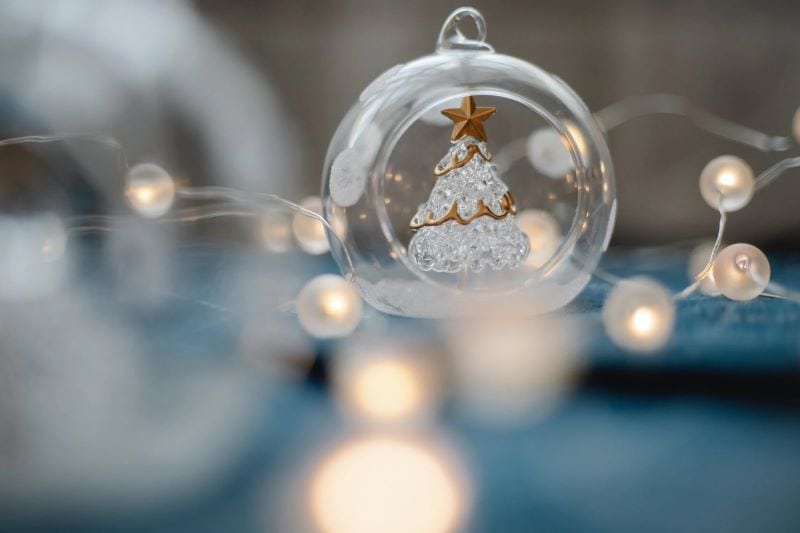Christmas is one of the most celebrated holidays in the world. It is a time when people come together to share joy, give gifts, and spend time with their loved ones. The holiday is celebrated on December 25th each year and is recognized as a public holiday in many countries worldwide.
The Origins of Christmas: Tracing Its Roots Through History
While the exact origin of Christmas is not completely clear, it is widely accepted that the holiday has its roots in religious beliefs. It is believed to have been originally celebrated as the birth of Jesus Christ, the Son of God for Christians. The Bible states that Jesus was born in Bethlehem to Mary and Joseph. The celebration of this event has been a Christian tradition for over two thousand years.
The date of December 25th was chosen to coincide with the winter solstice, which is the shortest day of the year. The solstice was celebrated by many ancient cultures, including the Romans and the Egyptians, as a time of renewal and the return of the sun. The early Christian church chose this date for Christmas to align with this existing pagan holiday.
The celebration of Christmas has evolved over the centuries and has become a secular holiday for many people, regardless of their religious affiliation. Today, people all over the world celebrate Christmas with a variety of traditions and customs.
The Global Celebrations of Christmas: Diverse Customs and Practices
One of the most recognizable symbols of Christmas is the Christmas tree. The practice of decorating trees dates back to ancient times when evergreen trees were seen as a symbol of life during the cold winter months. Today, Christmas trees are decorated with lights, ornaments, and tinsel to create a festive atmosphere.
Another popular Christmas tradition is the exchange of gifts. The tradition of gift-giving dates back to the three wise men who brought gifts to the baby Jesus. Today, people exchange gifts with their loved ones as a way of showing their love and appreciation.
Christmas is also a time for feasting and enjoying traditional holiday meals. In many countries and cultures, special foods are prepared for Christmas. For example, in the United States, a traditional Christmas meal might include roasted turkey or ham, stuffing, mashed potatoes, and cranberry sauce. In the United Kingdom, Christmas dinner often includes roasted meat and vegetables, Christmas pudding, and mince pies.
In conclusion, Christmas is a holiday with a rich history and significance. While its religious roots are still important to many people, Christmas has become a secular holiday that is celebrated by people from all walks of life around the world. Whether you celebrate with a Christmas tree, by exchanging gifts, or by enjoying a special meal with your loved ones, Christmas is a time to come together and celebrate all that is good in the world.

